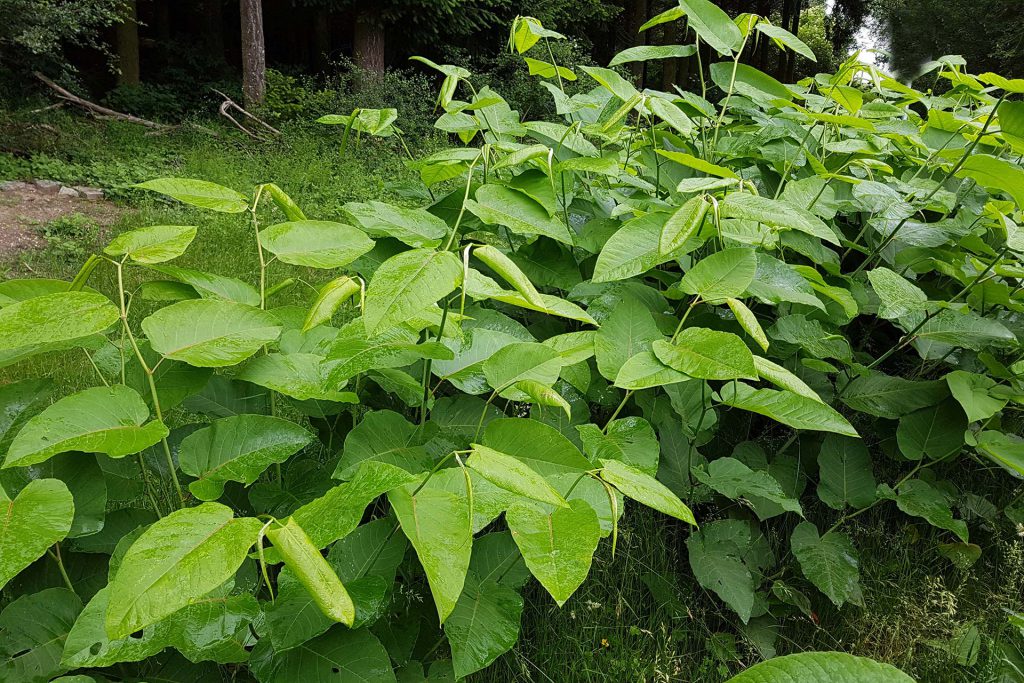Are you buying a property with Japanese Knotweed?

You are about to set out on the exciting adventure of getting on the property ladder. You have come across your dream home after visiting a few dozen properties. You are already dreaming about the beautiful wooden coffee table in the kitchen, the all-important walk-in wardrobe in the bedroom and your perfect garden too.
Moving is one of the most stressful things you can experience in your life, and you don’t want to have the added stress of dealing with Japanese Knotweed; especially when it is discovered on your homebuyers’ survey.

What is Japanese Knotweed?
Though it may sound exotic, it is not something that you want growing in your garden. This monster of a plant grows at an incredible rate and is almost impossible to get rid of. It can grow up to 20 cm every day, through concrete or even tarmac. It is undisputedly the most troublesome weed on the planet, causing more damage to the environment, biodiversity and property than any other.
Knotweed costs the UK economy £166 million per year for treatment and in-home devaluations. The presence of Japanese Knotweed near the property could, therefore, present you with a problem.
Whose responsibility is it?
The seller must disclose the presence of Knotweed during pre-contract enquiries. Similarly, the estate agent has a legal obligation, under consumer protection regulations, to advise you of any material facts that could affect your decision to buy the property. If none of the searches discloses the presence of Japanese Knotweed in the vicinity, your lender’s valuation surveyor should spot it.
What are the actions to take to tackle Japanese Knotweed?
Try not to panic and pull the plug on your dream home as you are not alone facing this challenge. There are lots of Property Care Association (PCA) approved contractors and experts tackling this phenomenon; from giving advice, to following up with the agreed work.
If knotweed is detected, the mortgage lender will ask for a specialist report to be commissioned at the expense of the seller. It categorises all risk to the property and details how the Knotweed will be treated. In some cases, lenders will reject a mortgage application outright.
Having the survey report will also detail the surveyor’s recommendations; such as “Japanese Knotweed must be removed: “eradicate before exchange” or even “property not suitable for mortgage purposes” which could spell bad news to the purchaser and shatter anyone’s dream.
Though it may prove costly, if Japanese Knotweed has invaded your chosen property, it is best to have all official treatment advice and management plans included in contracts and official documents.
Otherwise, you can get indemnity insurance to protect your investment if you discover Japanese Knotweed once you’ve moved in. Try and understand the liabilities if the problem is not resolved, as it will be your responsibility as the new owner to pay all costs.
Do you need a conveyancer ?
Buying a property or moving home? Find the perfect conveyancer near you on Qredible.co.uk!
Do you need a solicitor?
Find a solicitor on Qredible in just a few easy steps















